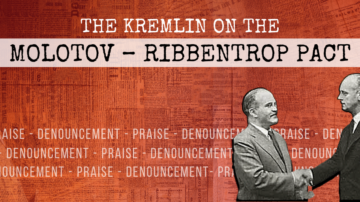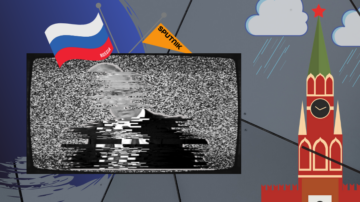September 10, 2021
9/11 and Russia’s Descend from Dialogue to Feeding Conspiracy Narratives
Russia’s President Vladimir Putin was the first world leader to contact the US President Bush and offer condolences after 9/11 tragedy. In twenty years, the Kremlin has deserted any vision of dialogue and cooperation and is eager to promote conspiracy theories and reflexive anti-Americanism.










